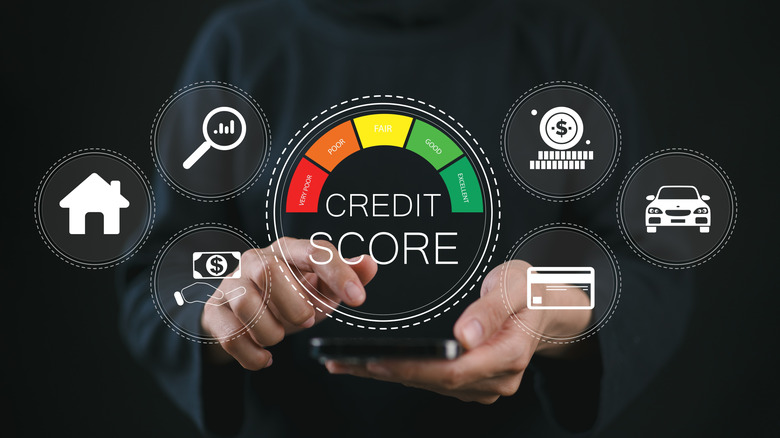Myth Buster: Does Opening A Savings Account Affect Your Credit Score?
When you open a savings account, it does not change your credit score. This is because savings and checking accounts are not credit accounts, so banks do not report these to the major credit bureaus, which implies that they will not show up on your credit report nor will it affect your score.
When you open a checking or savings account, the bank checks who you are and looks at your past banking activity. Most banks use ChexSystems, or other checking account reporting companies, which will track account applications, open and closed accounts, and possible fraud. But this does not affect your credit score, as these bank history companies are not credit bureaus, it only looks at your banking history.
If the bank wants to give you a credit product, such as an overdraft line of credit, it will ask for your permission before doing a credit check. Know that your credit score is based on how you manage credit, like credit cards and loans, not savings accounts. Credit scores look at if you pay on time, how much you owe, how long you've had your accounts, if you've opened new accounts, and what types of credit you use. Savings accounts do not give you credit, so they do not count in your credit score. To help your score, pay your bills on time to build your credit fast. It also helps to check your credit score often, and it doesn't affect your score, as you may believe.
Things that can affect your credit score
While a savings account will not affect your credit score, some accounts or situations will. The first is a credit line, and it does it in two ways: your payment history and how much of your credit limit you use. Payment history documents if you pay on time or if you miss payments, and it makes up 35% of your FICO or credit score. The second part, how much credit you use, is called credit utilization, and it counts for 30% of your score. To figure out how much you've used, divide the amount you owe on your statement by your total credit limit.
Then, there are installment loans – like car loans, student loans, mortgages, and personal loans — which can also affect your credit score. These give you a set amount of money to pay back in fixed monthly payments over time. If you miss a payment and the lender reports it to the credit bureaus, it can tank your credit. This also goes for Buy Now, Pay Later (BNPL). It used to have no effect but as of 2025, FICO created new credit score models called FICO Score 10 BNPL and FICO 10T BNPL that include BNPL loans. At the same time, big BNPL companies, like Affirm, started reporting all BNPL accounts to Experian on April 1, 2025, and to TransUnion on May 1, 2025. Some lenders still use old credit models that ignore BNPL, so your results will vary for now.

